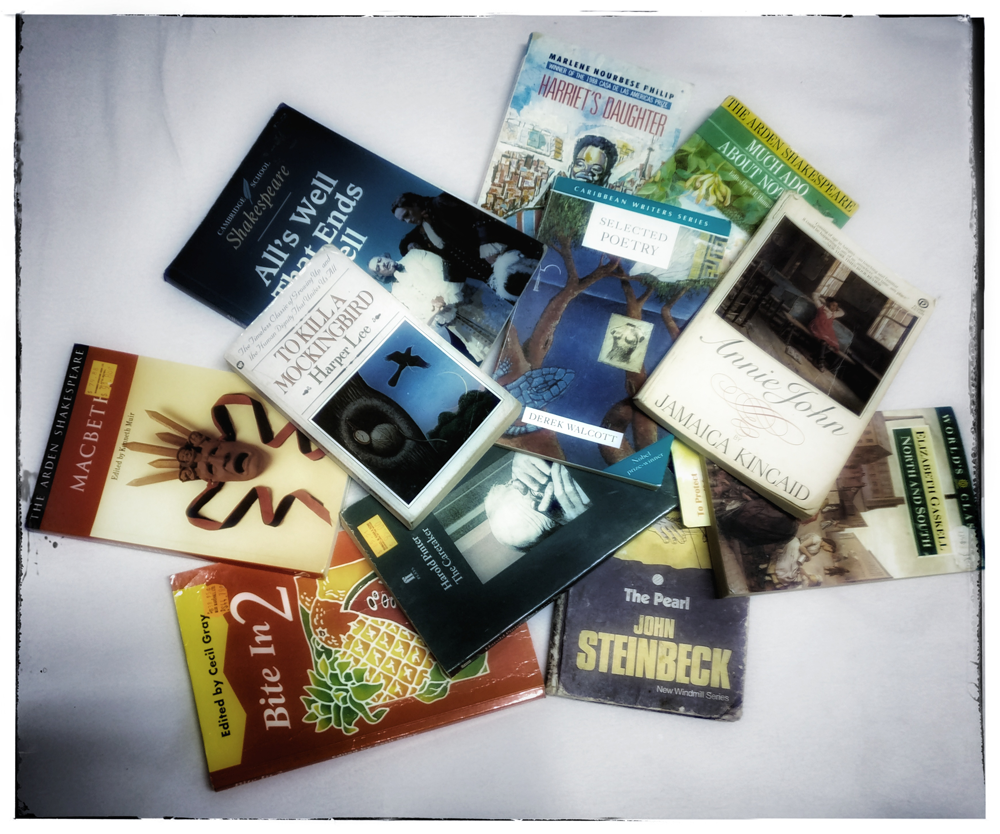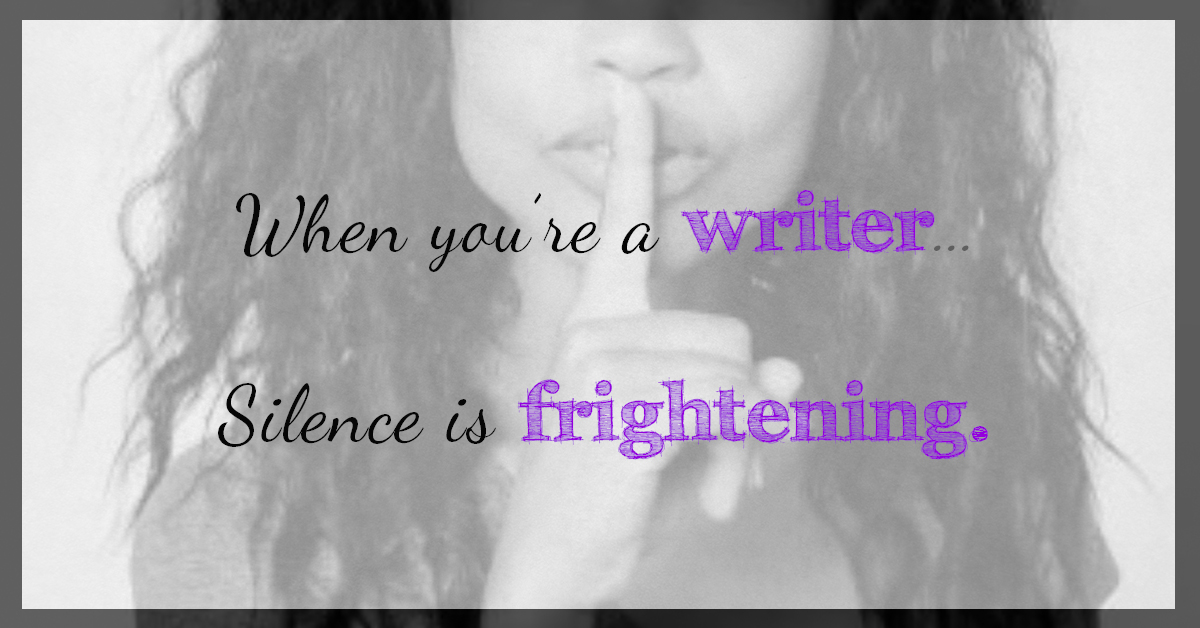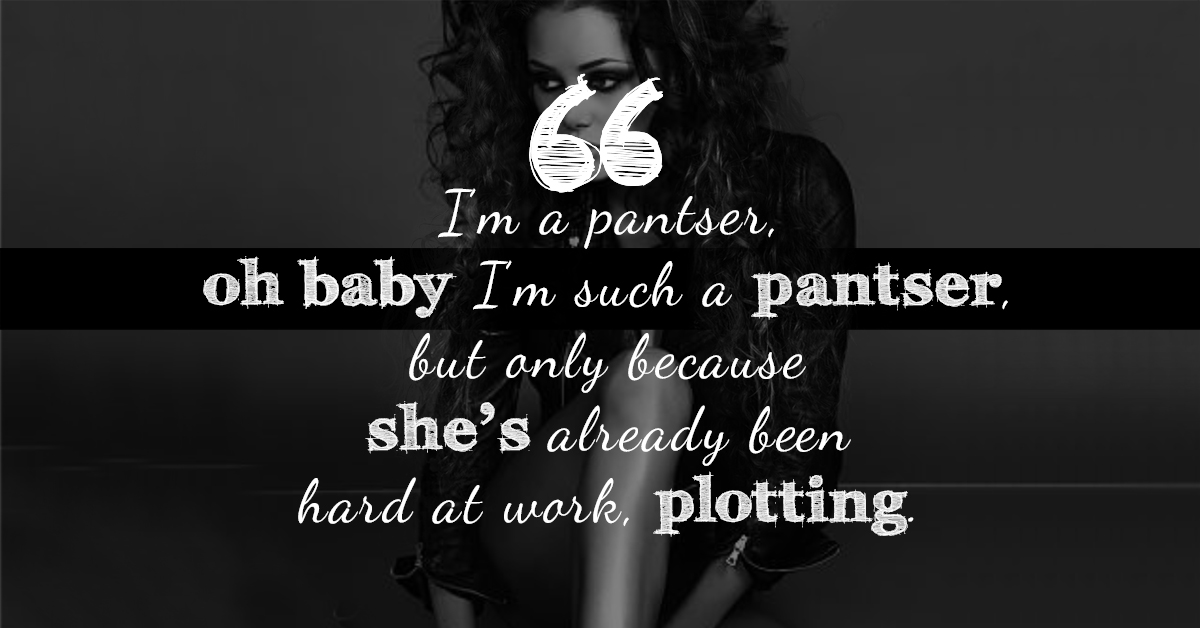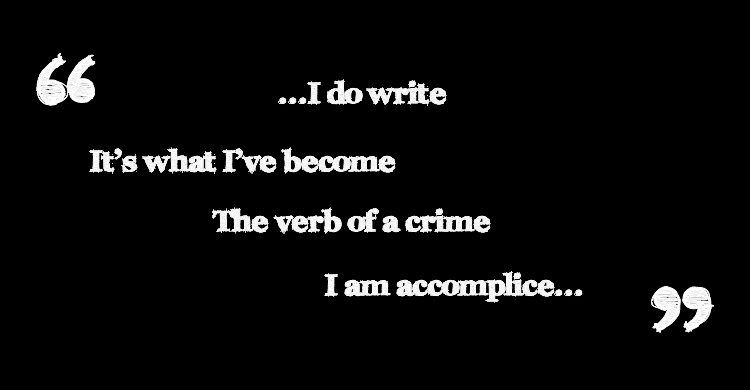Writing & Representation: Finding Your Voice
Now that I can say I’ve finally, at long last, published a novel, my thoughts circled back to this TED talk by Chimamanda Adichie, one of my favourite pieces on writing.
While her focus is on the danger of the “single story”, the part that resonated with me most was at the beginning — the conundrum of writing and representation.
I experienced a similar childhood to this prolific Nigerian writer.
My father loves literature, and he would give me books by Trinidadian V.S. Naipaul… but for the most part, the books I was reading were by authors like Enid Blyton (UK) and Judy Blume (US).
In them, there was no abuse; no abject poverty; no cringing shame of one’s existence beyond tepid teenage angst.
It was a nicer world than what Trinidadian and Caribbean literature had to offer me.
Write what you like to read…?
And so, when I wrote (and I wrote a LOT as a child), I wrote for a US/UK audience. I wrote things I liked to read.
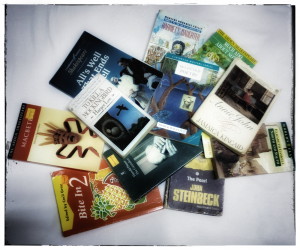
Teachers were thrilled I wrote; many children struggle to string a sentence together. So they didn’t care what I wrote…
Just the fact that I was writing was enough!
Then, in secondary/high school, after a few years of literature texts such as The Secret Garden (UK), To Kill A Mockingbird (US), and The Pearl (US); I was introduced to Annie John (Antigua, Caribbean).
As a child, I did not like Annie John.
It was too stark, too familiar; not foreign enough. It made me uncomfortable.
Familiar, but foreign enough…?
However, another Caribbean book by Trinidadian Samuel Selvon, A Brighter Sun, I thoroughly enjoyed.
The cultural references were rich; but notably, one key theme was the American influence on the country’s geography and economy, and on the main characters.
It felt familiar, but still foreign enough.
Now as an adult, I have a much greater appreciation for Annie John.
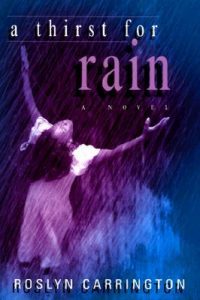
I also still love A Brighter Sun along with another popular Sam Selvon one: The Lonely Londoners (about the Windrush generation settling in the UK), which also had a theme that straddled that fine balance between “familiar” and “foreign”.
This is not to say I don’t like books that feel completely local — one of my faves of all time is Roslyn Carrington’s A Thirst For Rain, and I also loved most of the collected short stories in Trinidad Noir.
So… I enjoy reading both local and foreign texts. There’s that.
The problem is, I’m not just a reader; I’m a writer.
Write where you come from?
As a writer, your personal preferences and tastes are called into question. In my case, the foreign education that seeped into my local experience resulted in a displacement of self.
I’m also of the generation whereby the Internet and mass media suddenly heaved a heap of influence onto youth at the most critical time of their personal development.
In my house, local and foreign influences lived side by side; and as a young adult I’ve also lived abroad.
So, all in all, I’m not sure if I’ve had the “typical” Trinidadian experience to be able to comfortably, naturally, unthinkingly write something similar to the “local” or “regional” books I do happen to enjoy.
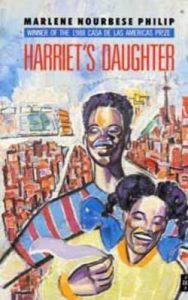
Does that make me less of a “Trinidadian” writer (as I’ve stated in my official bio on my first published novel, on my website, and just about everywhere?)…
Case in point: Harriet’s Daughter by Tobago-born Canadian Marlene Nourbese Philip addressed the experience of displacement from the Caribbean to Canada.
Despite being part of the burgeoning diaspora, she managed to produce a novel that straddled the divide so well, that Canadian, UK, and Caribbean schools used it for the school curriculum! Wow!
…But then, this was in 1988. It’s now 30 years later.
How likely would this feat be now, in today’s world?
Alienating the International Audience
I’ve discussed this displacement with a few established Trinidadian writers (several years my senior), and discovered that I’m not alone.
If they, too, identify with that internal war, what does the future hold for generations to come, with even more and more foreign media influences?
I, myself, struggle to begin to write a “Trinidadian” or “Caribbean” novel.
I have managed to write some short stories and poetry/prose like this one, once: Big Tune.
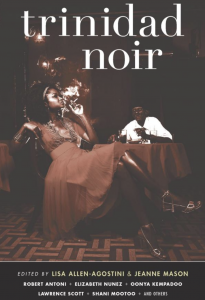
Even then, I wanted to call it “Big Chune” (local parlance)… but I stopped myself.
That’s the other worry — the more “local” I make it, the less it would appeal to (or be understood by!) an international audience.
That’s essentially what happened when foreign reviewers came across Robert Antoni’s “How To Make Photocopies in the Trinidad & Tobago National Archives” (included in Trinidad Noir).
I absolutely LOVED this short story.
However, if I wasn’t born and bred in T&T, well God help me!… there’s very little chance I would have understood more than a few words!
Representation & Placelessness
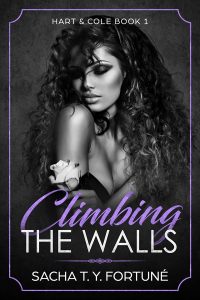
Generally, I don’t “place” my stories. My first published novel left out “place” entirely…
But now that I am older, and even more so now that I’ve decided to publish my writing, it is no longer good enough just that I write, but now it’s become an issue of what I write.
American and British writers can claim their heritage openly without hesitation, and can write (more or less) anything they please about any part of the world… and no one questions it.
But when you’re from a small part of the world that hardly anyone knows about… well, you’re expected to write about your unique experience of this small part of the world, right?
I have to represent Trinidad; I have to represent the Caribbean; I have to represent the developing world. I mean… shouldn’t I?
But… why should I? And, what if I don’t?
Part of the “Fear & Procrastination” that took me 15 years to publish my first novel, was that I was worried what my friends and family — Trinidadians — would think.
Did they expect something different, something else, from me? Would I disappoint them?
At one point, my writing halted entirely. It took a long while to get over that feeling and to JUST PUBLISH THE DAMN THING ALREADY.
And hey, maybe someday, I’ll be able to write a brilliant Trini novel.
…I just hope I won’t have to force it.
